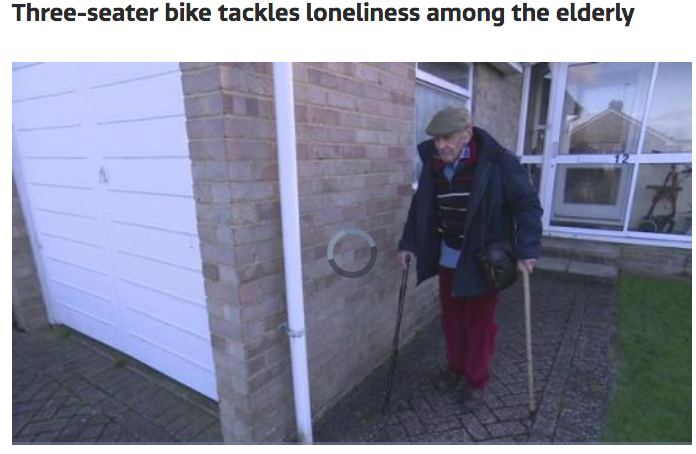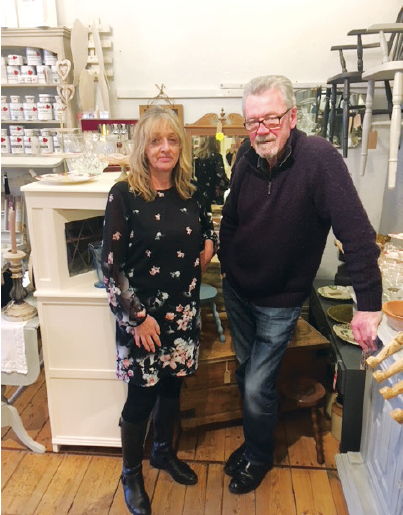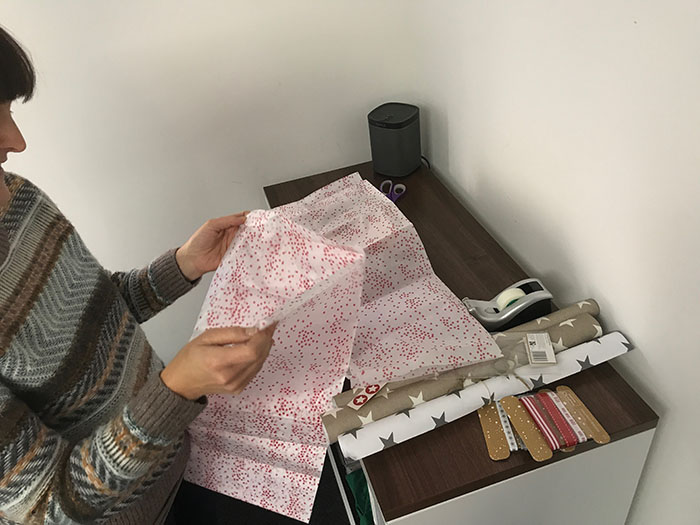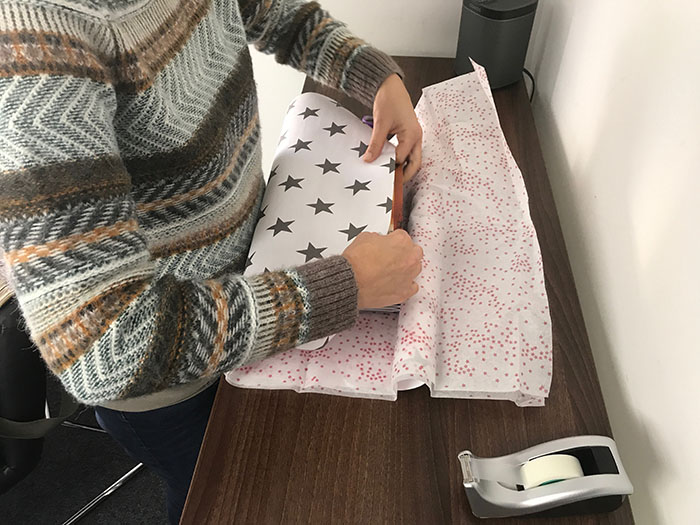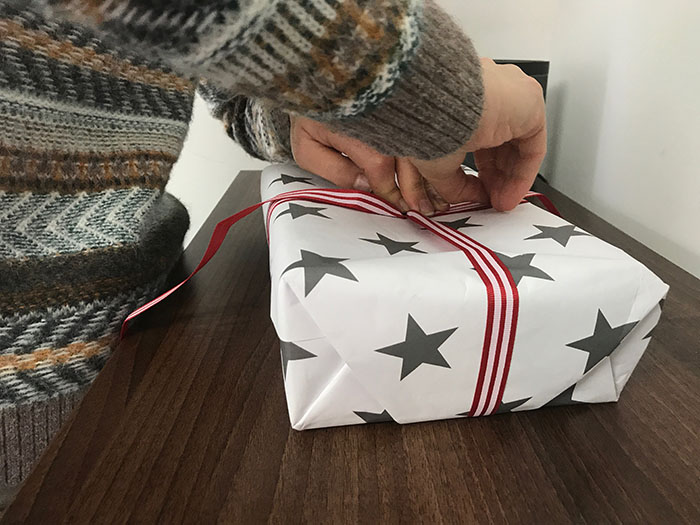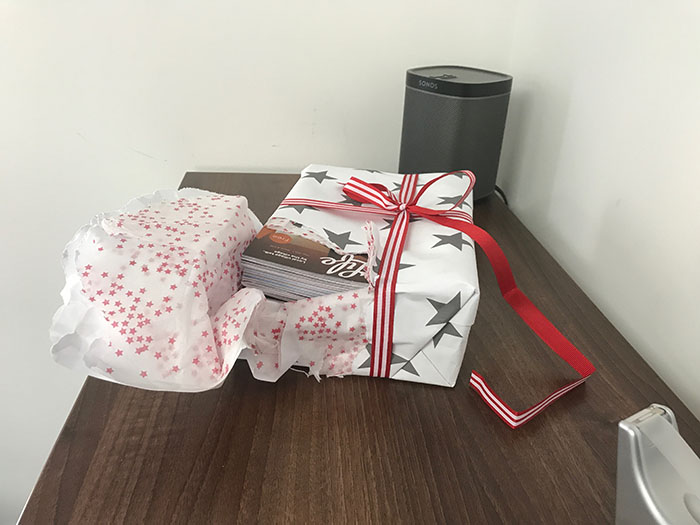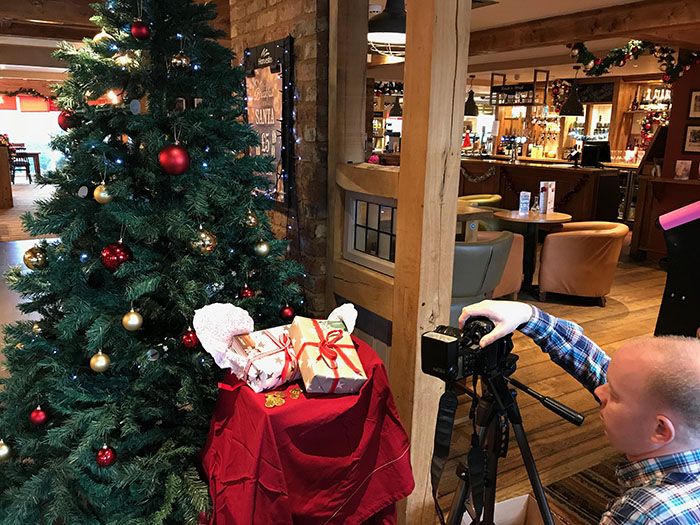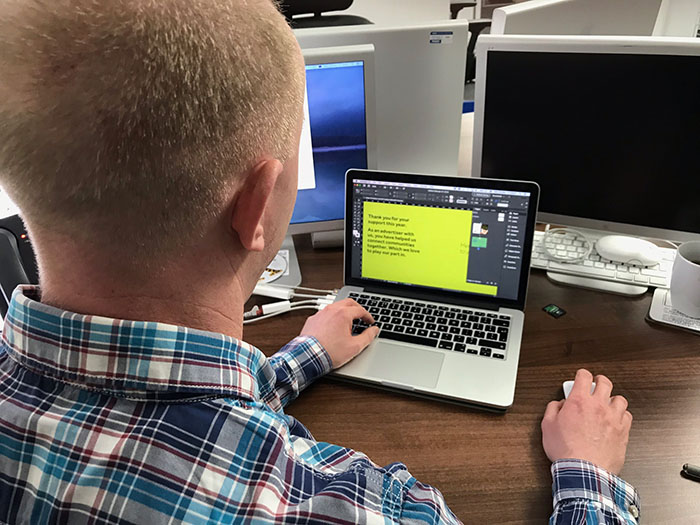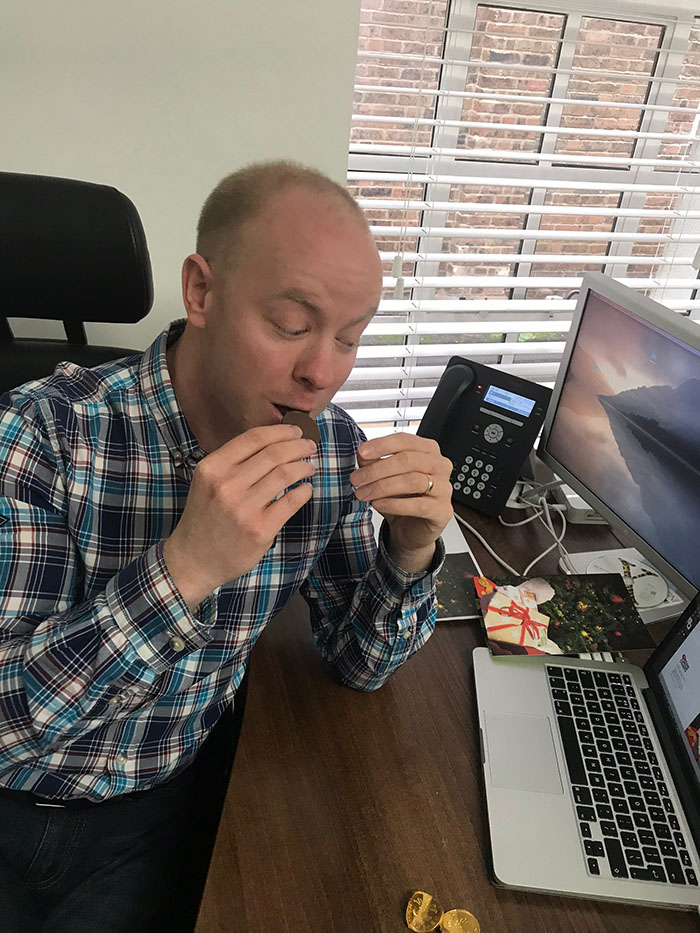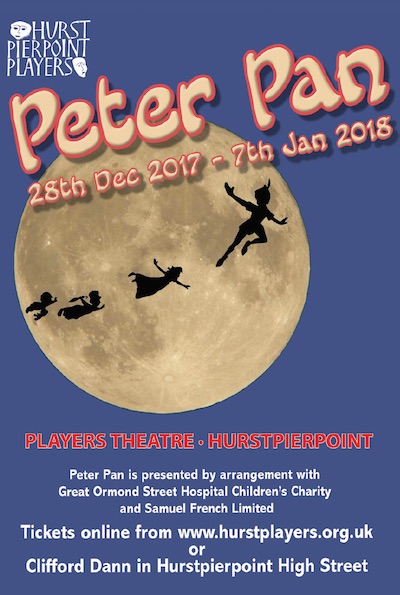By Michèle Copeland
I was looking forward to meeting Robin Driscoll, one dull Wednesday in mid-July, in the heart of the village.
He lives in what was probably an old yeoman’s cottage, which was added on to in the 1800s and again in the 1970s.
In his own words: “It was better built then, than in the 1970s, where there are still problems with the drains!”
He lives with his wife Deborah, whom he met in 1982. They have a son Sam and a five year old grandson called Dominic. They moved to Hurstpierpoint from Brighton in 1993 when they were looking into secondary schools for Sam.
Robin was schooled at Boundstone School, Sompting, between Lancing and Worthing. At 17 he decided to study Creative Arts in Worthing, which is now Northbrook College, finding the more academic path more challenging. He then took a year’s break from the course to work with the Community Arts Workshop in Shoreham. “This setup was specifically geared to help special needs kids, as well as local children of all backgrounds to express themselves via performance arts,” Robin continues, in the comfortable, bright conservatory where we are now sitting over cups of tea.
Hoping to return to college for his second year, he was surprised to find that the Vice Principal was not so keen to allow him to do that, as it was no longer an art college as such. It was now West Sussex College of Design and no longer taught fine arts. So Robin decided to go back to The Barn to work with special needs groups for four years before starting The Cliffhanger Theatre Company in 1978. This company he started with co-workers and friends and ran for some 15 years. Notable names included Peter McCarthy, who became a successful author, Becky Stevens, who is now a kids writer for TV and an author, and Tony Hasse, who now writes for TV and performs, whom he had met at the workshop in the early 1970s.
“We toured the country doing serials, a two hour show, in successive weeks, first based in Brighton and finishing at the Edinburgh Fringe,” he explains.
They were so successful that, after three years, they didn’t need the Arts Council grant anymore.


